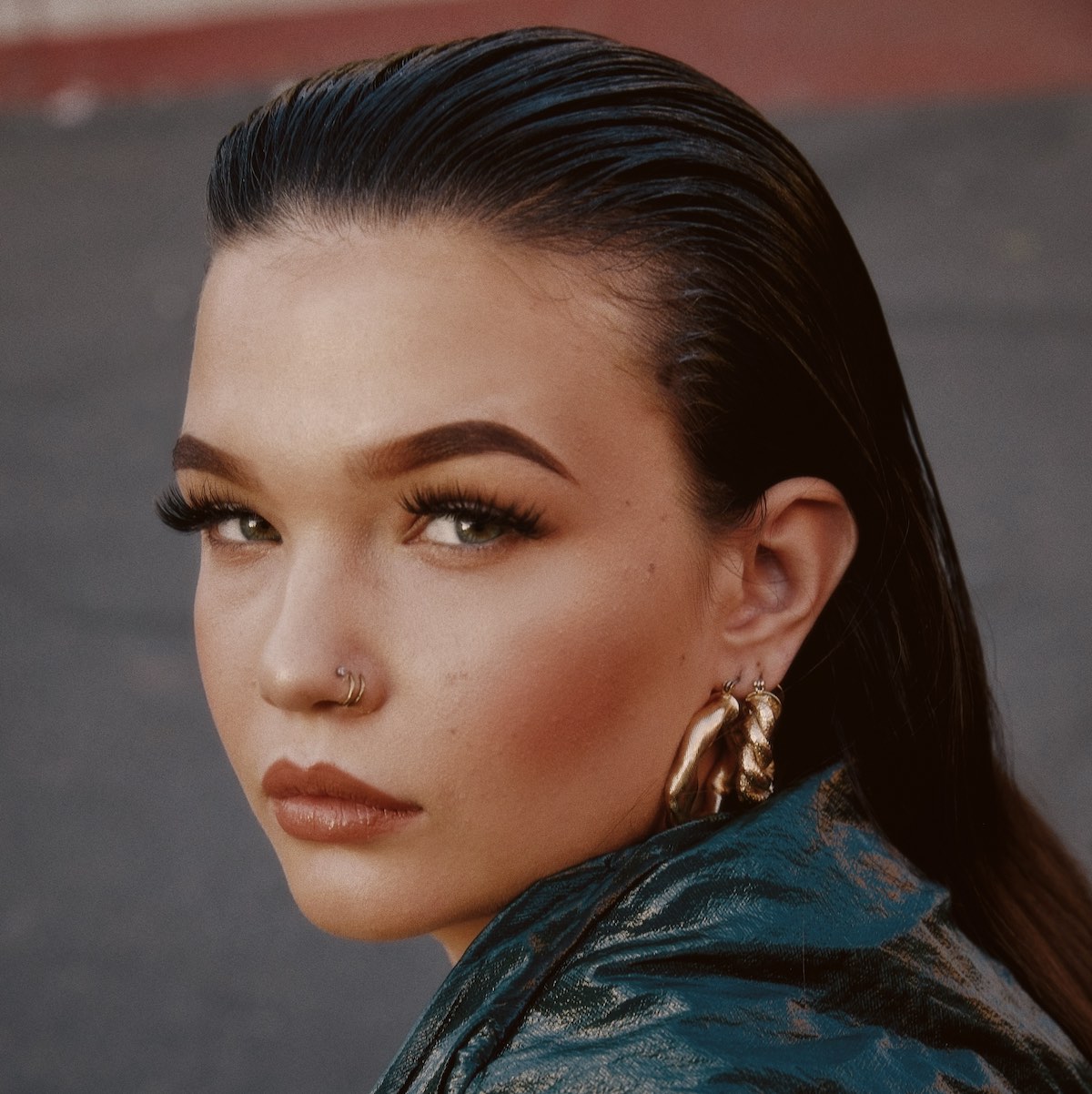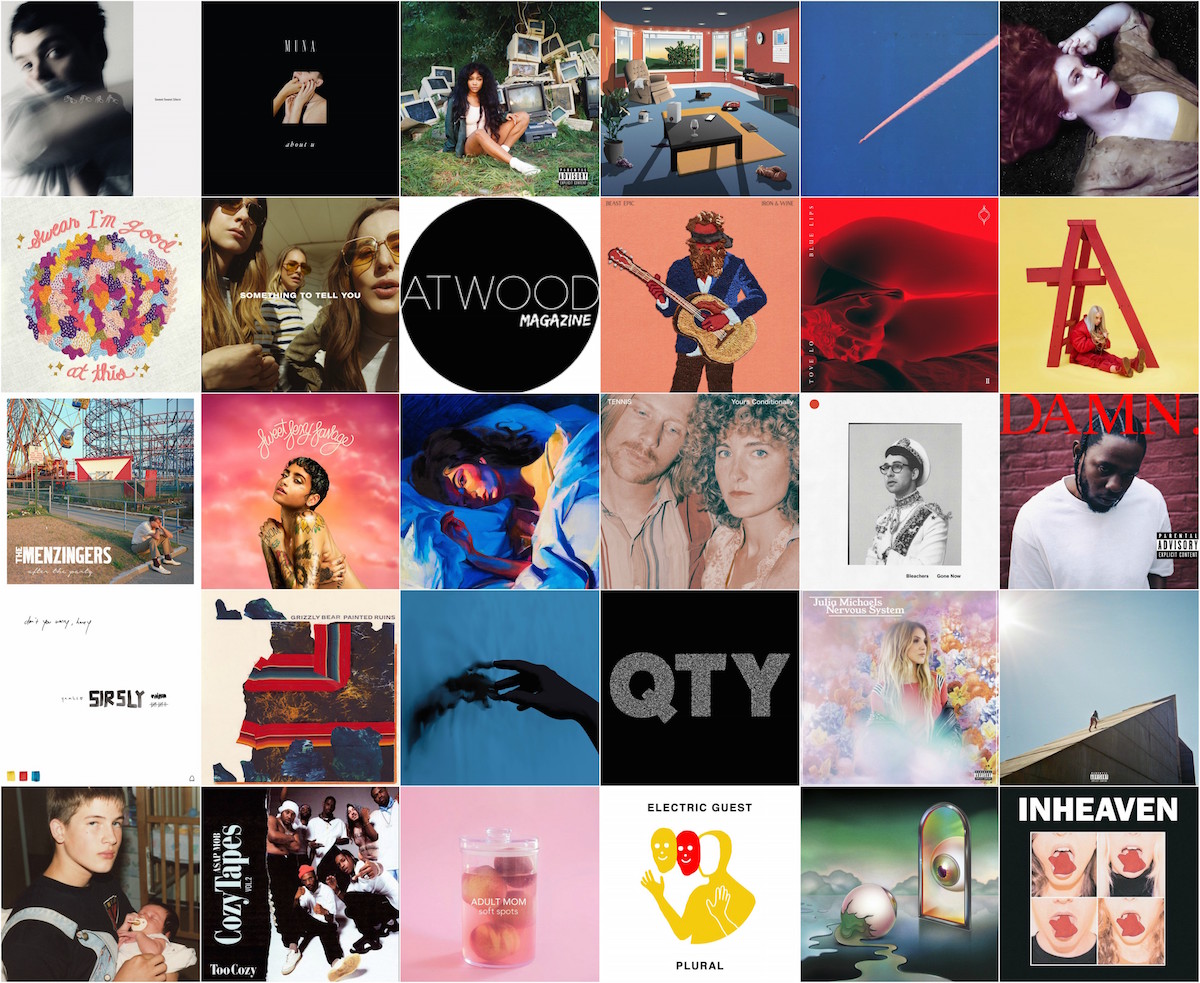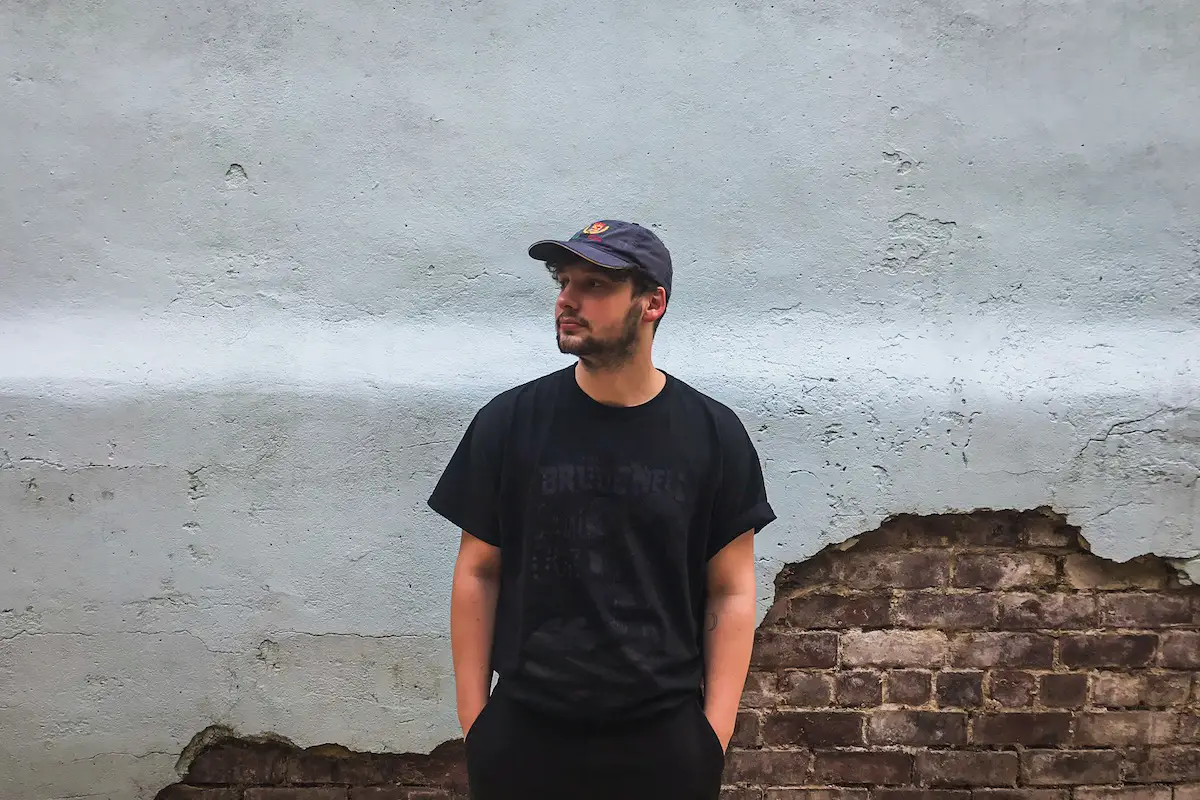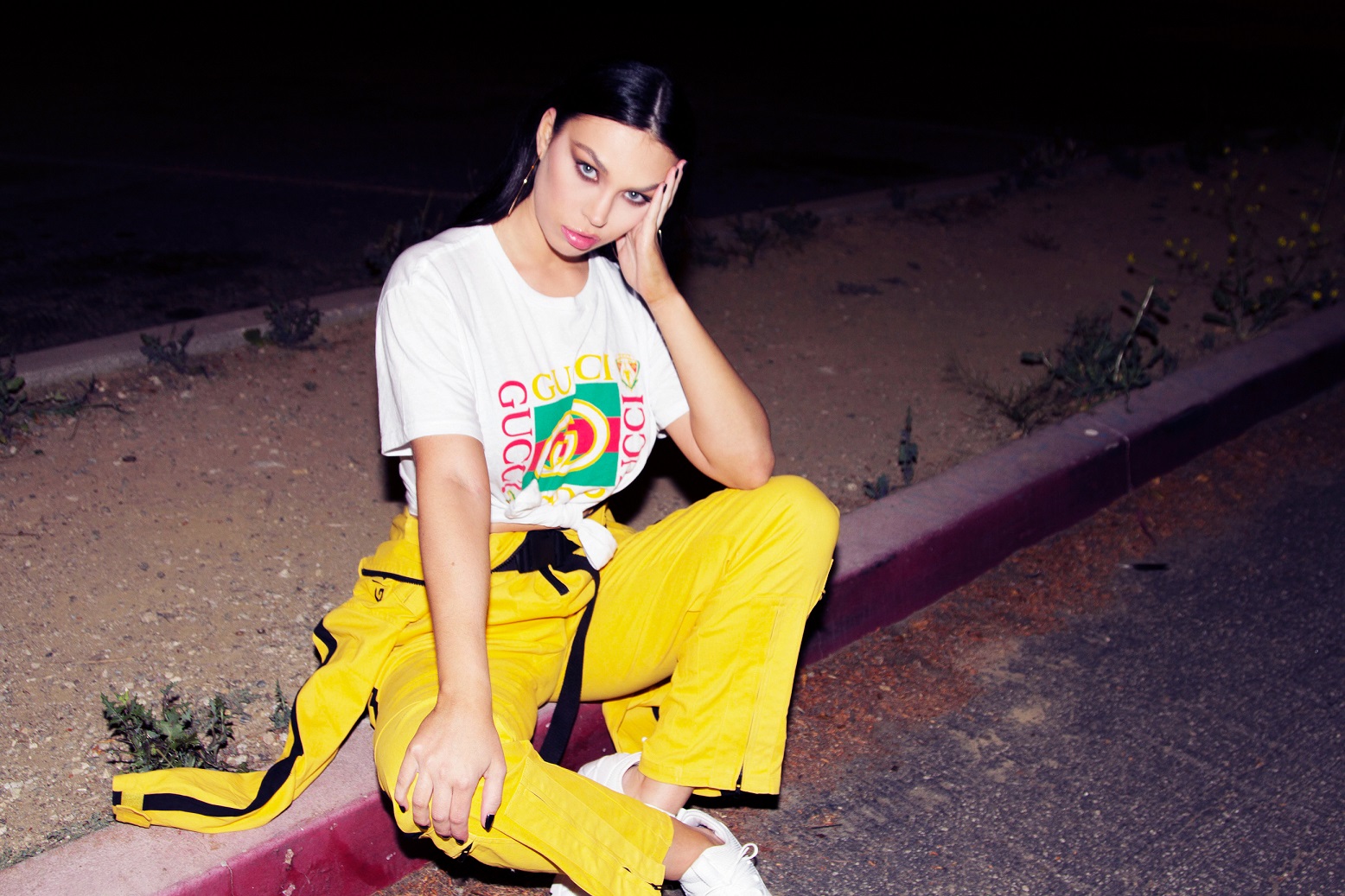NIJI (aka Niji Adeleye) takes us track-by-track through his debut album ‘Oríkì,’ the product of a six-year journey of self-discovery and musical exploration that blends Yoruba praise poetry, Fuji rhythms, and East London grime into a deeply personal and celebratory tribute to heritage and identity.
Stream: “Jayé” – NIJI
But only true getting lost can you find your way. Make sure not to stray…
* * *
There is power in knowing where you come from.
For NIJI (aka Niji Adeleye), music is more than just sound – it’s a vessel for storytelling, a bridge between past and present, and a means of honoring those who came before him. The British-Nigerian artist’s debut album Oríkì is a deeply personal and sonically rich exploration of lineage, identity, and the rhythms that shape us. Drawing from Yoruba praise poetry, Fuji music, jazz, and grime, NIJI has crafted an intimate and ambitious project that is as much about self-discovery as it is about sonic innovation.
At its core, this record is a cross-section of who NIJI is – not just as an artist, but as a human being.
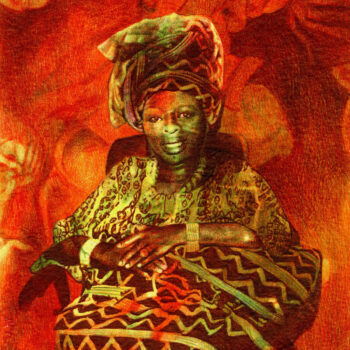
Released February 28th via AERONXUTICS, Oríkì is a bold, intricate, and heartfelt homecoming. Rooted in tradition yet driven by contemporary vision, the album finds NIJI tracing his ancestry and paying homage to the influences that define his artistry.
“Oríkì was inspired by my great-grandmother Matilda Taiwo, who defied all odds to become a songwriter for her local church and successful fabric merchant in the 1940s in Nigeria, where at the time women were thought to only belong in the kitchen,” NIJI tell Atwood Magazine.
“She was defiant of unwritten rules and created her own destiny. This album is about my heritage, and the legacy of my lineage that lives within me. Simultaneously it’s a praise poem of music my time creating the music. It’s about home, it about going back to go forward, I’m a product of my lineage and the album is my tribute to that.”
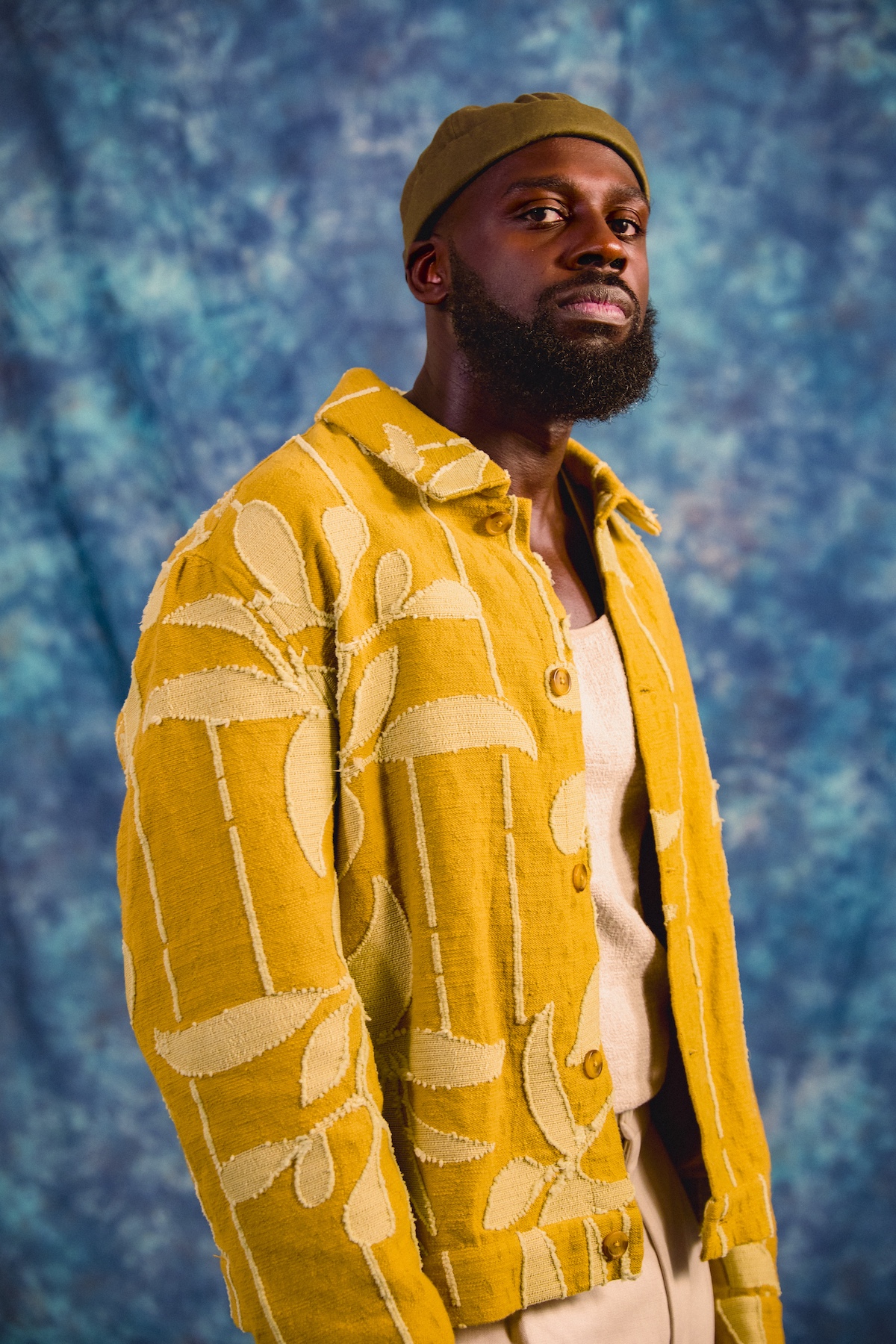
This sense of duality – of honoring the past while forging a new path forward – lies at the heart of Oríkì.
NIJI channels that same fearless spirit, using music as a means of storytelling, self-expression, and cultural reclamation. His sound is a vibrant intersection of his Nigerian heritage and his East London upbringing, a fusion that speaks to the breadth of his musical influences.
“My vision for this album was to create a piece of music that reflected my many influences musically,” he explains. “Growing up in East London, alongside the rise of grime music and MCs like Skepta, influences me as an artist. Then coupled with a Yoruba upbringing, I was drenched in highlife, Afrobeat and Fuji music from the ground up! The vision musically was to pay homage to the Yoruba Nigerian heritage I am from, my current obsession with Fuji music, but also fusing this with my East London upbringing.”
NIJI candidly describes the album as homely and energetic. The album’s title is a direct nod to his heritage, and to the art itself. “Oríkì, by meaning, is praise poetry created by the Yoruba nation,’ he says. “It tells of where someone is from and where they are coming from, stories from their ancestry. It’s often sung in musical form, too. So as I was on my journey through making this album and looking into my own ancestry, and I kept delving deeper into my family tree, I found our own Oríkì.”
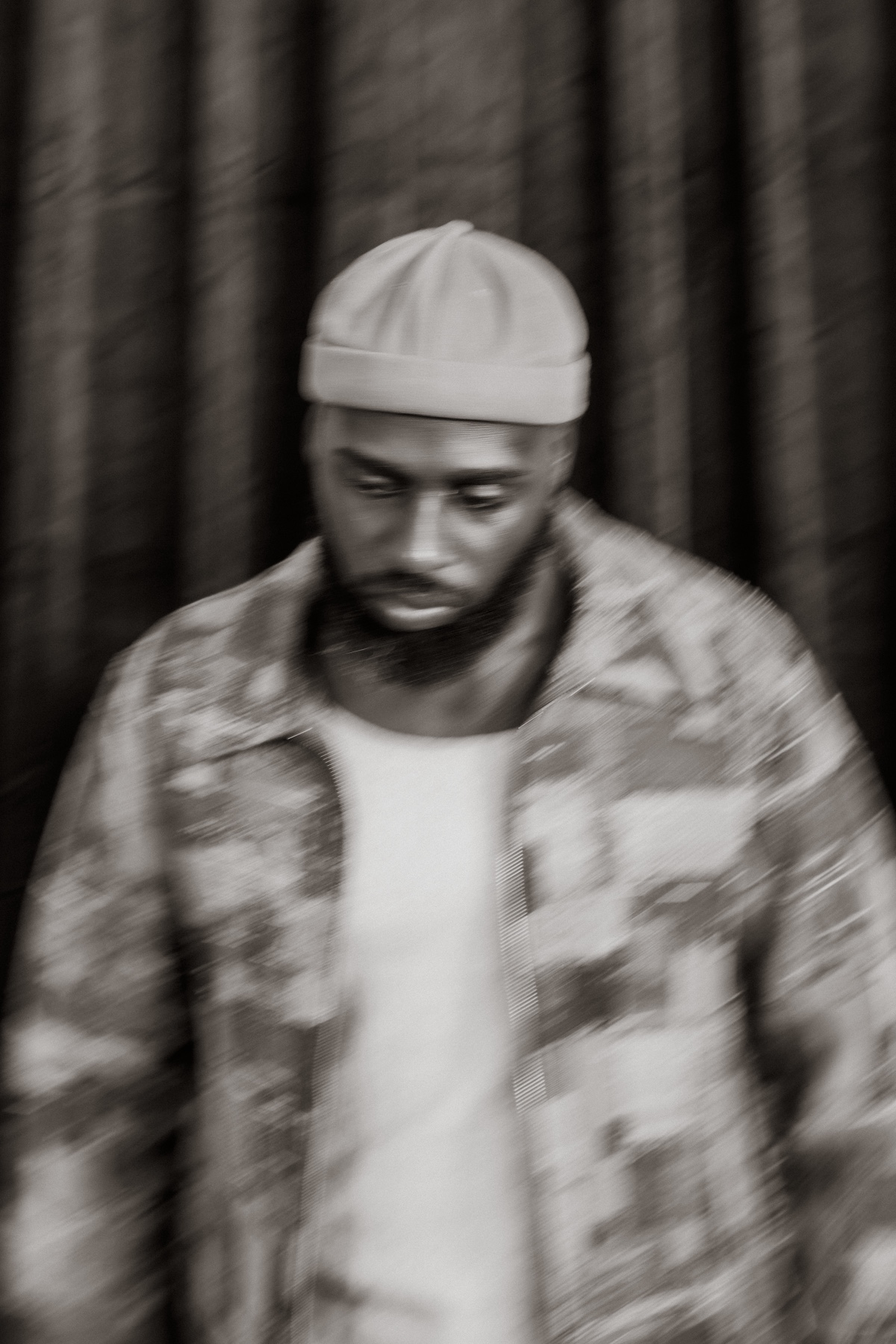
NIJI is no stranger to the spotlight, having released his first record, Better Days Ahead ten years ago this August.
The past decade has seen him deftly carving out a space for himself as a versatile musician, composer, and storyteller, blending jazz, classical, and contemporary influences into a singular, expressive sound. From the intricate arrangements of 2023’s Somewhere in the Middle to his acclaimed live performances at venues like the Royal Albert Hall, NIJI has continuously evolved, pushing the boundaries of his artistry while staying rooted in his cultural heritage. His music is a testament to both technical mastery and emotional depth – layering rich instrumentation with themes of introspection, resilience, and identity.
Oríkì represents a rebirth for NIJI as he takes his most personal leap yet, embracing his Yoruba roots and channeling years of exploration into a body of work that honors the past while forging a bold new path forward.
“Oríkì, I feel, captures a six year journey of self-discovery,” he smiles. “It was actually written before Somewhere in the Middle. Somewhere in the Middle hinted at what was to come, tracks like ‘Banjoko’ (which is a family name) hinted at the themes of Oríkì. Oríkì is the finale, it’s my greatest musical exploration – it’s big, it’s grand, it’s intimate, and it’s personal. It’s the most personal I’ve been in my writing. It’s pure – I left ego outside of the studio and wrote from a storytelling point of view.”
“My artistry today is about being a vessel to my gift of writing and producing, and less about being showmanistic in my piano playing. I think I’ve got other releases for those purposes, and maybe I’ll do that in the future again, but Oríkì was all about the arrangements around the stories.”
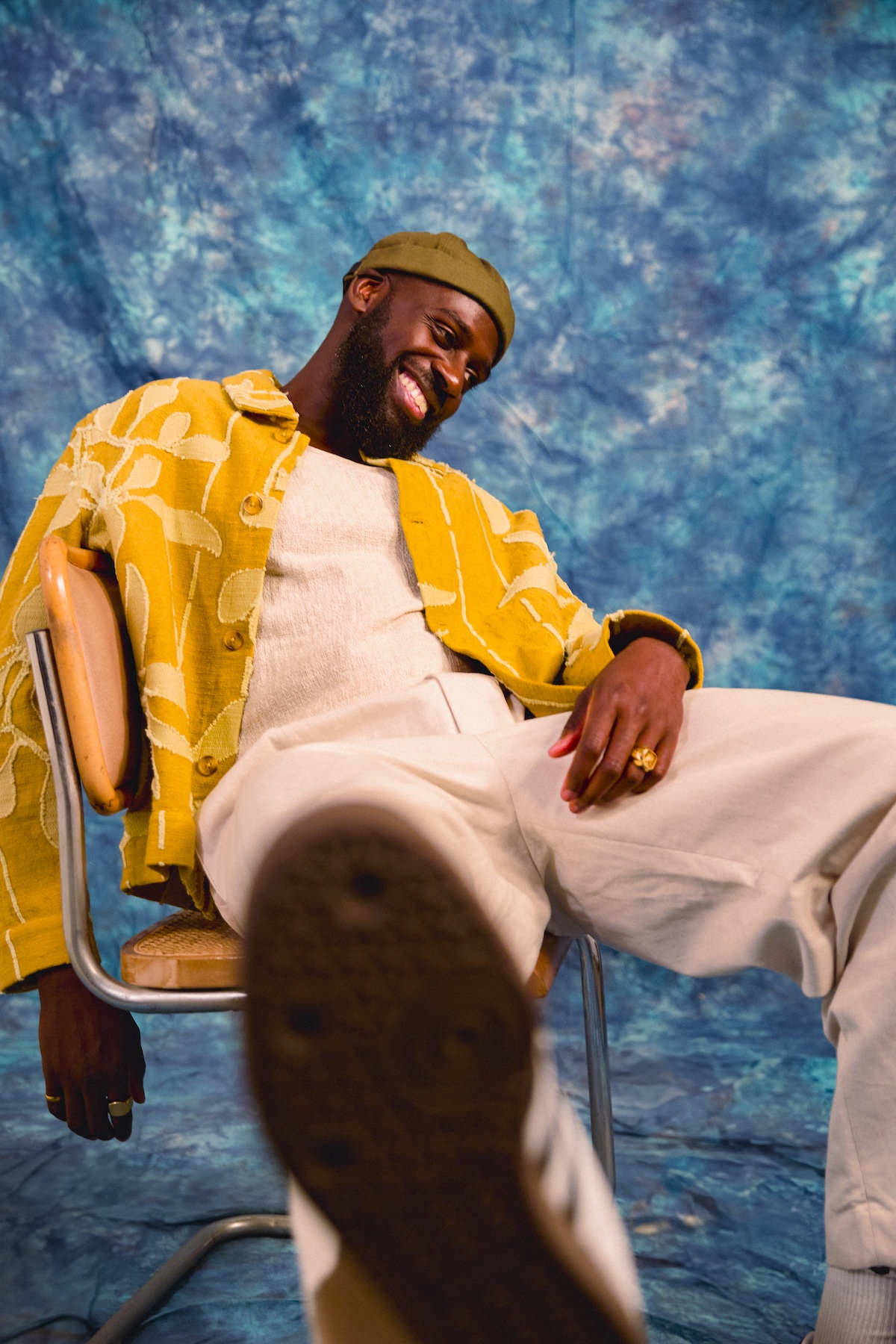
To that end, the homecoming journey from album opener “Àdùnní” to closer “Joshua’s Legacy” is filled with moments of connection and catharsis, revelry, reflection, and release.
NIJI himself has plenty of personal favorites, noting that both the music itself and the stories behind the songs make them both memorable and meaningful. “‘Mo ti délé’ is a special song for me. I wrote it and trialed it live at the Royal Albert Hall in 2019. After that performance many people for years hounded me to release that song, but I knew I wanted to spend time in designing it, like you would a beautiful new house. So I went to work on it, and six years later it’s now in the world and I couldn’t be more proud of it. To me it perfectly depicts the story and feeling I wanted to portray throughout this album. This was a big highlight to me.”
“Jayé (Dance Dance Dance)” is another instant standout. “‘Jayé’ is such a funny story! I wrote and recorded the music, and then freestyled the lyrics in one pass as a brainwave idea. My hope was that I was going to revisit and write ‘proper lyrics’ for the song once I got together with Afronaut Zu, but he insisted that my freestyle was actually the only lyrics needed! That was the song! So it’s amazing to me to think now that it’s out, that it’s so strong as a song lyrically, when I was going to re-write the whole thing! I guess that’s the magic of creating! When I listen to it – he was right, I love it, it’s lyrically perfect and fun!”
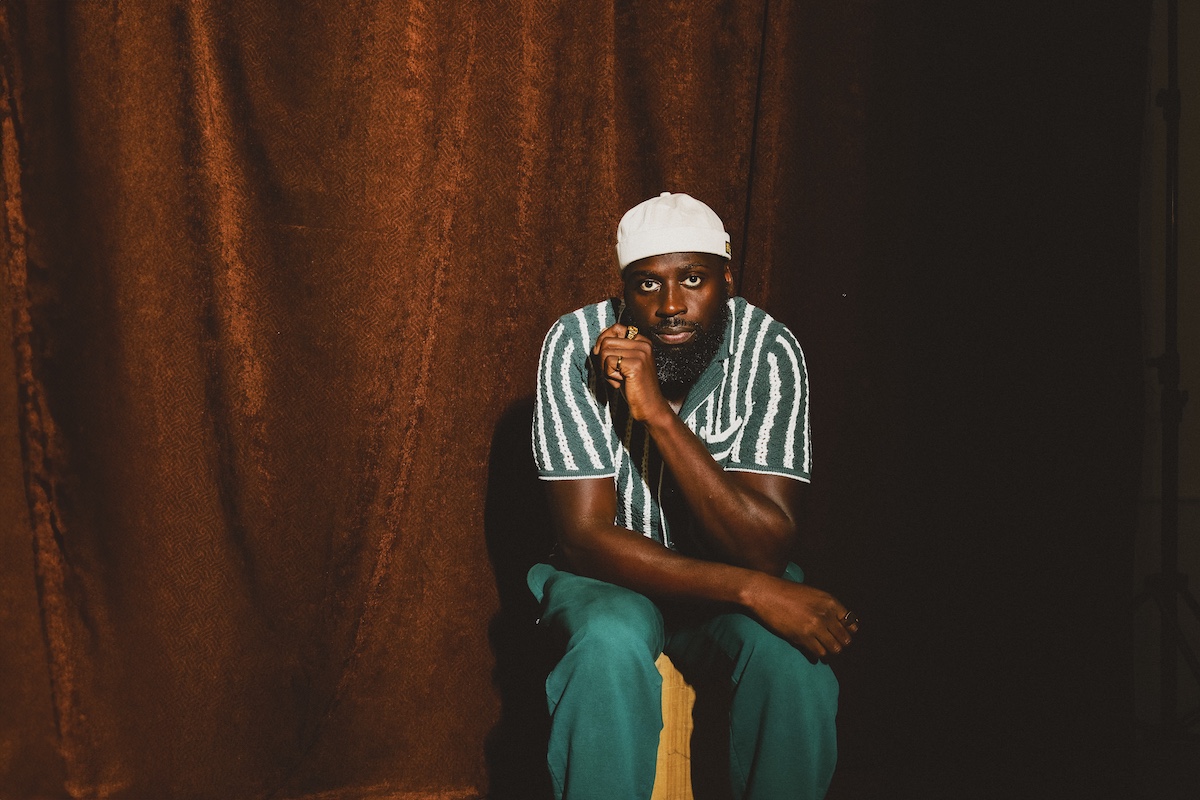
More than just an album, Oríkì is a living, breathing tribute to NIJI’s roots, his artistry, and the journey that has brought him to this moment.
It’s a record that celebrates and pays homage to the artist’s past while embracing his present, where time-honored traditions meet bold, contemporary expression. Through its intricate instrumentation, powerful storytelling, and deep emotional resonance, Oríkì serves as both a personal reflection and a universal invitation – urging listeners to explore their own histories, embrace their identities, and celebrate the music that connects us all.
“My hope is that Oríkì moves its listeners to a point of wanting to dig deeper into who they are, what makes them ‘them,’ and the history they’ve come from,” NIJI shares. “Oríkì is about going deep to go far, about searching within to find the answers to who you are. It was a joy making this album and brought me so much fulfillment and I would hope that it brings listeners the same joy.”
Experience the full record via our below stream, and peek inside NIJI’s Oríkì with Atwood Magazine as he goes track-by-track through the music and lyrics of his debut album!
— —
:: stream/purchase Oríkì here ::
:: connect with NIJI here ::
— —
Stream: ‘Oríkì’ – NIJI
:: Inside Oríkì ::
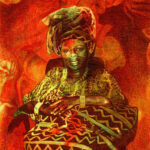
— —
Àdùnní
Àdùnní is an Oríkì name that means “sweet to have” and represents the sense of peace and tranquility writing the music. It served as a perfect first song into my journey home, featuring the incredible poet Adéṣayọ̀.
Sounds of the City
Sounds of the City is an ode to the duality of being born in East LDN, and raised with rich Nigerian culture and music. It fuses my love for Grime music and Fuji music – collaborating with my brother Moses Boyd on drums. The percussion is complex, representing the melting pot of my upbringing.
Jayé
Jayé is a universal upbeat call to move your body, to dance, to find your inner joy! I hope Jayé greets your ears with the urge to enjoy life today. This is my greatest musical creation to date; the moving percussion, the signature warm brass, the voice of Afronaut Zu, the centre piece of a 6 year journey of my album Oríkì.
Mo ti délé
The translation means: I have come home. It perfectly summates the journey both personally and musically to my roots, reimagined as a composition. Its pensive beginning, to its triumphant ending, is me on my quest ultimately finding my purpose through my heritage. There’s always love at home. I’ve finally arrived.
A13 FUJI
A13 FUJI represents the melting pot of my obsession with the rich rhythms of Nigerian fuji music, while pairing it with my natural love of warm brass melodies. It’s the big warm welcome to the party in my sound-house, feel free to move your body.
Oba (Drum break)
Oba is the king or ruler of the town. The drum break is just pure fire! Showcasing the talking drum which Oríkì musically was built around, featuring the genius Moses Olukayode.
Mata
Mata, the story of my grandmother Matilda Taiwo who defied archaic gender roles, and instead learned to sew and became a highly successful businesswoman in Nigeria trading fabrics. She was also the songwriter for her church. So much of who I am I can trace to Mata – I wanted to paint a picture of her legacy defying odds and her fortitude to pursue her dreams.
Oríkì
This is my story, who I am today. The heritage of my ancestors, the duality of my upbringing musically and culturally growing up in east LDN, in a Yorùbá household. The music reflects who I am today, all the intricate strings of my life, and who I’m yet to be as I continue to write my family’s Oríkì. This features the incredible poet Adéṣayọ̀.
Joshua’s Legacy
The men in my family are courageous, brave, studious and leaders. My grandfather Joshua represented those traits. As a pensive statement, I wrote this piano piece as a promise to continue his legacy in me through everything I do – the perfect ending to the album and the continuation of my family Oríkì.
— —
:: stream/purchase Oríkì here ::
:: connect with NIJI here ::
— — — —

Connect to NIJI on
Facebook, Twitter, TikTok, Instagram
Discover new music on Atwood Magazine
© Tosin Popoola
Oríkì
an album by NIJI


 ©
© 